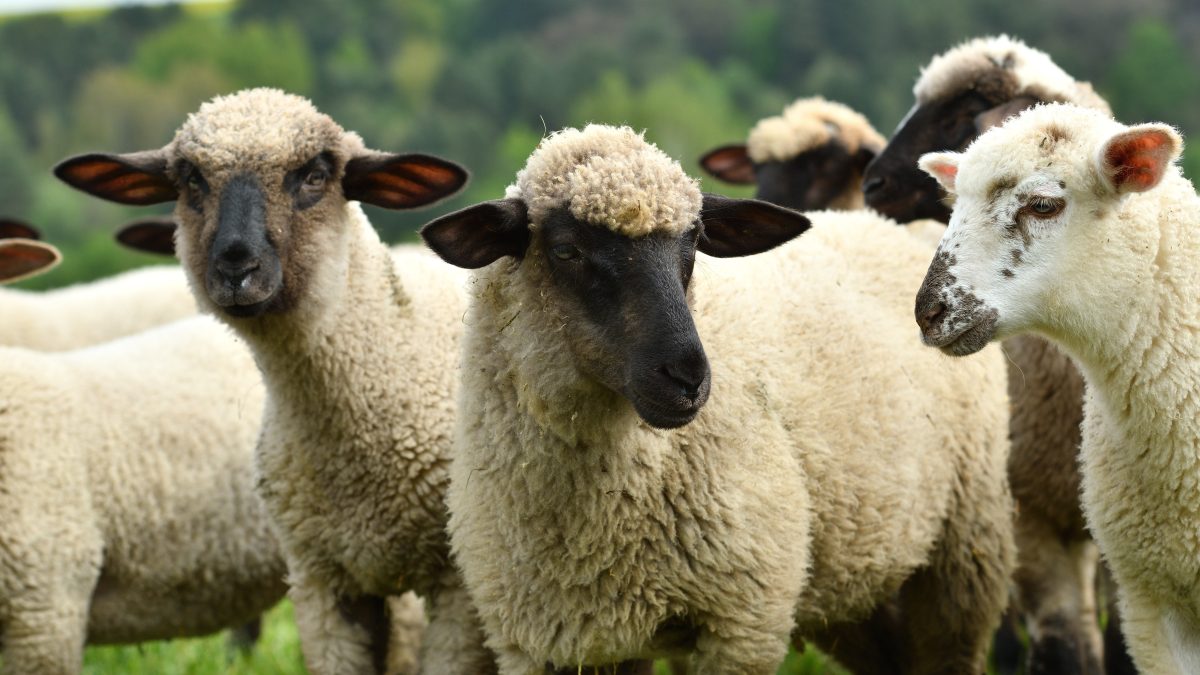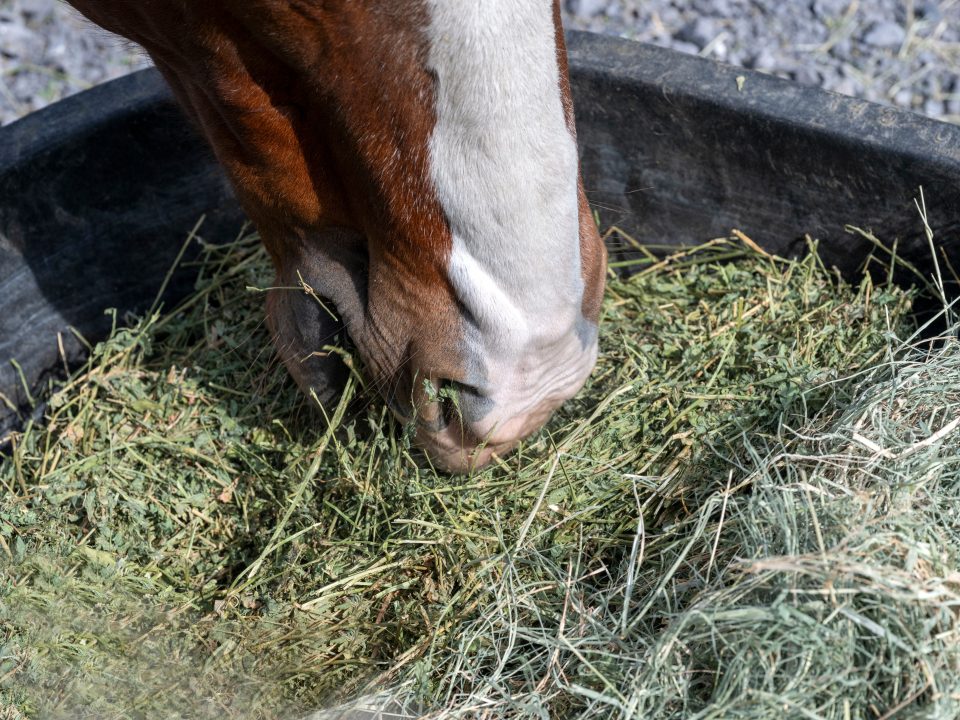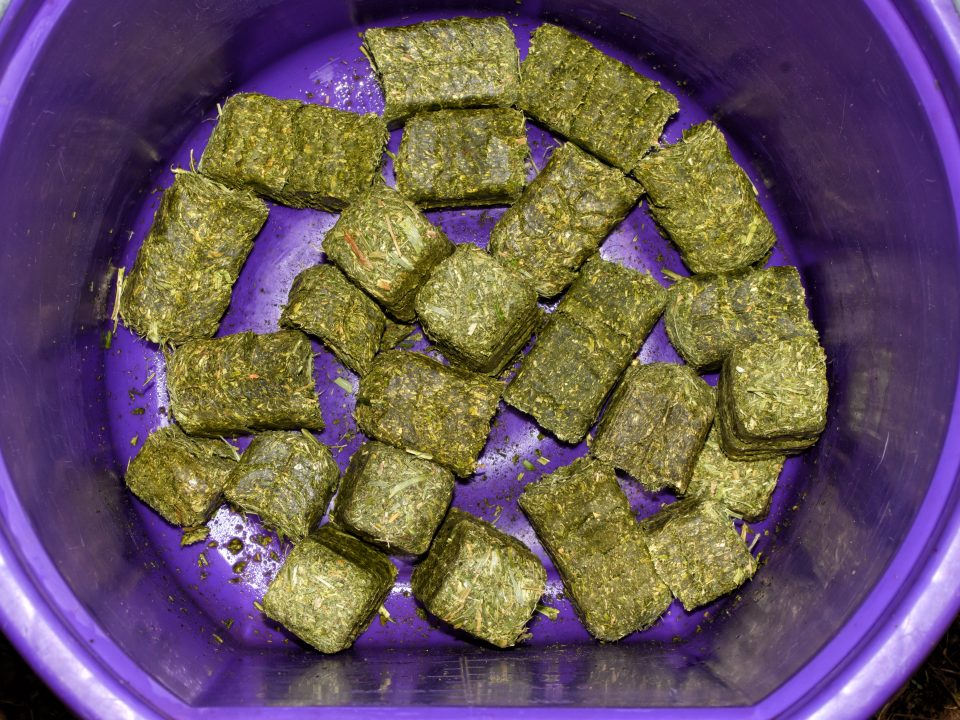
Sheep vs. Goat Nutrition: What’s the Difference?
April 15, 2025
Welcoming Spring: A Guide to Transitioning Horses to Pasture
April 16, 2025Copper Toxicity in Sheep: What You Need to Know

Copper is an essential trace mineral for all animals, including sheep. It plays a vital role in enzyme function, immune response, and overall health. However, when it comes to sheep, the line between adequate and toxic copper levels is razor-thin. Understanding copper toxicity—its causes, symptoms, and prevention—is crucial for anyone involved in raising sheep.
Why Sheep Are So Sensitive to Copper
Unlike other livestock, sheep have a limited ability to excrete excess copper. Their livers can store copper for extended periods without showing any outward signs of distress. But once the liver’s storage capacity is exceeded, copper is suddenly released into the bloodstream, leading to a rapid and often fatal condition known as a hemolytic crisis.
Common Causes of Copper Toxicity
- Over-supplementation: Feeding sheep mineral mixes or feeds designed for cattle, goats, or horses can result in dangerously high copper intake.
- Contaminated Pasture or Water: Copper sulfate used in footbaths or as an algaecide can leach into grazing areas or water sources.
- Breed Susceptibility: Some breeds, such as Texels and Suffolks, are more prone to copper accumulation than others.
- Low Molybdenum or Sulfur Levels: These elements help regulate copper absorption. Deficiencies can increase copper uptake and retention.
Symptoms of Copper Toxicity
Copper toxicity can be acute or chronic. Chronic toxicity is more common and harder to detect until it’s too late. Watch for the below symptoms:
- Sudden death in otherwise healthy sheep
- Jaundice (yellowing of the eyes and mucous membranes)
- Dark red or brown urine
- Weakness and lethargy
- Anemia and rapid breathing
Diagnosis and Treatment
Veterinarians typically diagnose copper toxicity through liver biopsies, blood tests, or post-mortem examinations. Treatment is difficult once symptoms appear, but may include:
- Administering molybdenum and sulfur compounds to bind copper
- Supportive care such as fluids and anti-inflammatories
- Removing the source of copper exposure immediately
Prevention Strategies
- Use sheep-specific mineral supplement with appropriate copper levels.
- Test feed and forage for copper content, especially if using by-products or non-traditional feeds.
- Avoid cross-contamination from cattle or goat feeds.
- Monitor soil and water for copper and other mineral levels.
- Educate farm staff on the risks of copper toxicity and proper feed management.
Final Thoughts
Copper toxicity is a silent threat in sheep production. With careful management and awareness, it is entirely preventable. Regular testing, proper supplementation, and breed-specific care can go a long way in protecting your flock from this potentially deadly condition.
At Country Companion, we care deeply about your sheep’s well-being and are committed to being your partner in building strong nutritional foundations for your livestock. For high-quality multi-species feed visit Equine & Multi-Species Feed – Country Companion and make sure to follow the sheep specific feeding directions.



